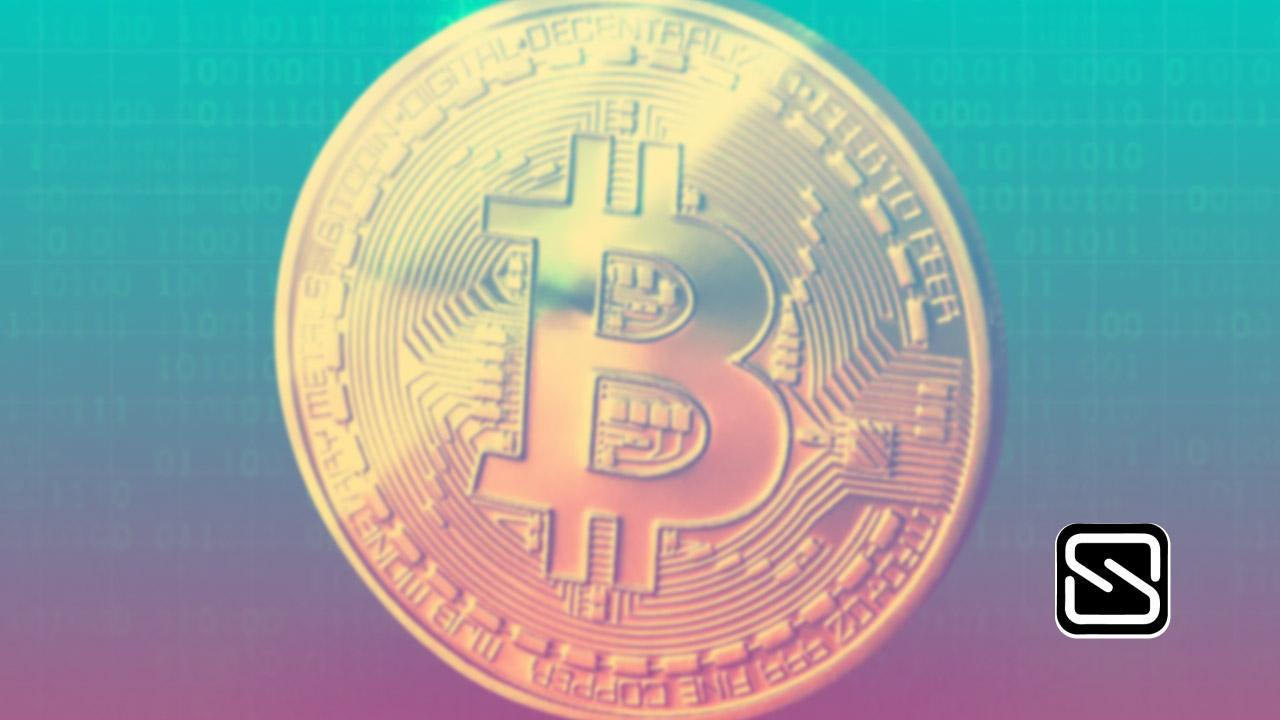Brazil Surpasses Nigeria In Bitcoin Interest As Nigerian Interest Shifts To USDT
The surge in Bitcoin interest within Latin America’s most populous country, Brazil, has been notably propelled by the entry of Itau Unibanco, the country’s largest private bank, into the cryptocurrency space.
By Staff
In the realm of Bitcoin interest, Brazil has taken the lead, surpassing Africa’s largest economy. Presently, the top spot globally is held by El Salvador, with Brazil securing second place and Nigeria sliding to third, according to data from Google Trends.
The surge in Bitcoin interest within Latin America’s most populous country, Brazil, has been notably propelled by the entry of Itau Unibanco, the country’s largest private bank, into the cryptocurrency space. Initially providing crypto trading services for Bitcoin and Ether, Itau Unibanco’s expansion into digital assets stems from recent cryptocurrency regulation developments within Brazil.
This entry of the tier-1 bank into Brazil’s crypto market directly pits it against local players like Mynt and global behemoths like Binance. What distinguishes Itau Unibanco is its dual role as both a trading platform and custodian for digital assets.
The political sphere in Brazil has also responded to this burgeoning interest. President Luiz Inacio Lula da Silva recently signed a law imposing taxes on crypto assets held abroad by Brazilian citizens.
Despite Nigeria’s Central Bank restricting licensed banks from engaging in cryptocurrency-related activities over two years ago to curb unregulated transactions, Nigeria’s crypto market has persisted. However, it’s gradually losing ground to more crypto-friendly nations such as the UK, UAE, and now Brazil.
Nigeria, with a population of 223 million, remains one of Africa’s fastest-growing countries and one of the world’s youngest populations, with 43% under the age of 15, according to a United Nations study.
While Nigeria’s cryptocurrency usage remains the highest in Africa and continues to develop at an annual rate of 9%, recent data suggests a shift. Chainalysis reported that Nigeria ranks third among only six countries showing consistent growth since 2021, indicating a steady rise despite the recent dip in Bitcoin interest.
Stablecoins, particularly USDT, have emerged as the favored crypto asset in Nigeria due to their peg to the American dollar, offering a hedge against inflation and the devaluation of the naira. Consequently, USDT stands as the most widely traded stablecoin in Nigeria.
Businesses in Nigeria, along with the diaspora population, are increasingly adopting USDT and other stablecoins for payments. It’s becoming customary to find tour operators quoting their packages in US dollars and offering USDT as a payment option.
The Nigerian naira, Africa’s worst-performing currency, has seen a drastic 80% depreciation against the dollar just this year.
While Bitcoin faced recent price pullbacks, it closed the year with a strong performance, marking nearly 150% returns if today were the year’s end, making it the best year since its exceptional 305% surge in 2020.
At the moment, Bitcoin trades slightly above $41,000, while Ether maintains a critical support level above $2,100 despite recent sell-offs.
Data from Coinglass indicates significant activity in the crypto futures market, with $176 million liquidated in the past day, $136 million of which involved long positions. A total of $32 million in Bitcoin positions were liquidated, resulting in 91,645 traders losing their funds. The largest single liquidation order worth $10 million occurred on Bitmex for XBTUSD.
Despite Bitcoin’s current correction phase, end-of-year forecasts for 2024-2025 remain positive, especially compared to last year’s bleak predictions of $10-12k for Bitcoin.
There’s also anticipation in the market regarding the approval of spot Bitcoin ETFs in the United States, with expectations that liquidity inflows will significantly impact the value of the pioneering crypto asset.
